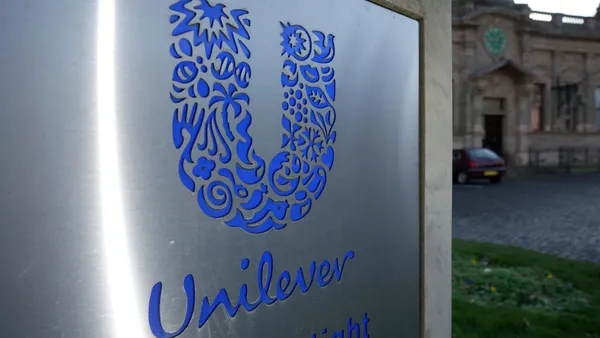Dive Brief:
- Twitter has been falling out of favor with marketers and publishers, but customer service remains one area of strength, as reported by Digiday.
- One brand pointed to by Digiday is Patron, which hasn’t decreased its Twitter strategy, but has shifted its engagement with the platform to focus more on customer experience, the company's VP of digital marketing told the publication.
- Twitter also remains attractive for taking advantage of live and real-time events, but marketers continue to pull advertising dollars from the platform with a survey by RBC Capital Markets from this fall finding that 30% of respondents don’t spend any ad budget on Twitter, a figure up from 25% from only this past February.
Dive Insight:
For social media advertising, brands continue to turn to Facebook, Instagram and increasingly Snapchat. In fact, in August it was reported that Snapchat advertisers overlapped with big linear TV spenders, and that the social media app’s impact on Facebook, Instagram and YouTube was limited but that it did impact ad spending on Twitter with budgets moving from the micro-blogging platform to the upstart app.
Twitter has also been known as the go-to social media platform for second screen engagement, but even that role is slipping away as Snapchat, Facebook, YouTube and Instagram all have become more attractive second-screen marketing options.
With brands shifting their focus to customer service on Twitter, the platform is taking steps to support these efforts. For example, it recently doubled down on chatbot offerings and announced plans to exit lead generation campaigns.
The company is also making a bigger push into live streaming, but it faces significant competition in this space.
On the corporate side of things, Twitter has faced a rough year with unhappy investors, concerned analysts and a stagnating user base. Its troubles peaked over a couple of weeks this fall when it became apparent the company would sell to one of a group of tech and media giant suitors including Google, Salesforce, Apple and Disney. As quickly as the news swept tech media, each of Twitter’s possible acquirers dropped out of the running leaving the company unsold, and weakened as its stock took a hit.












